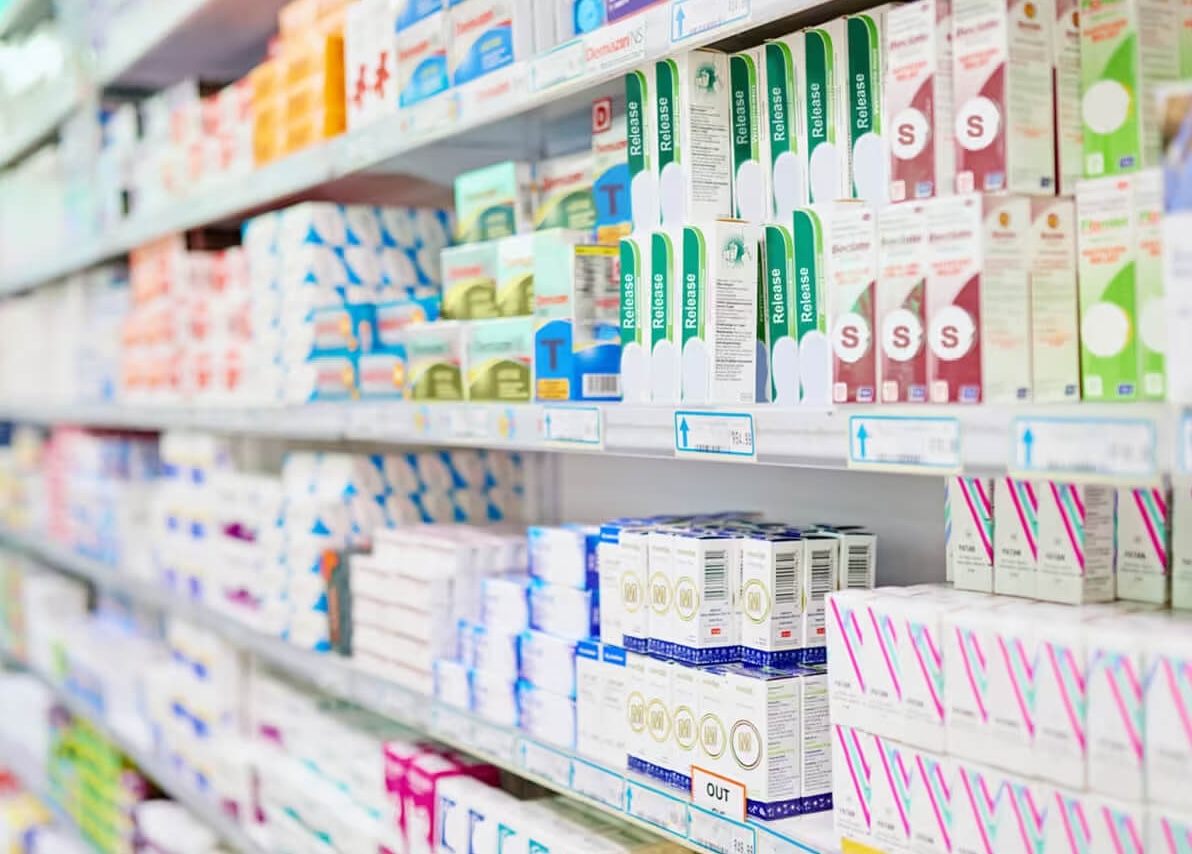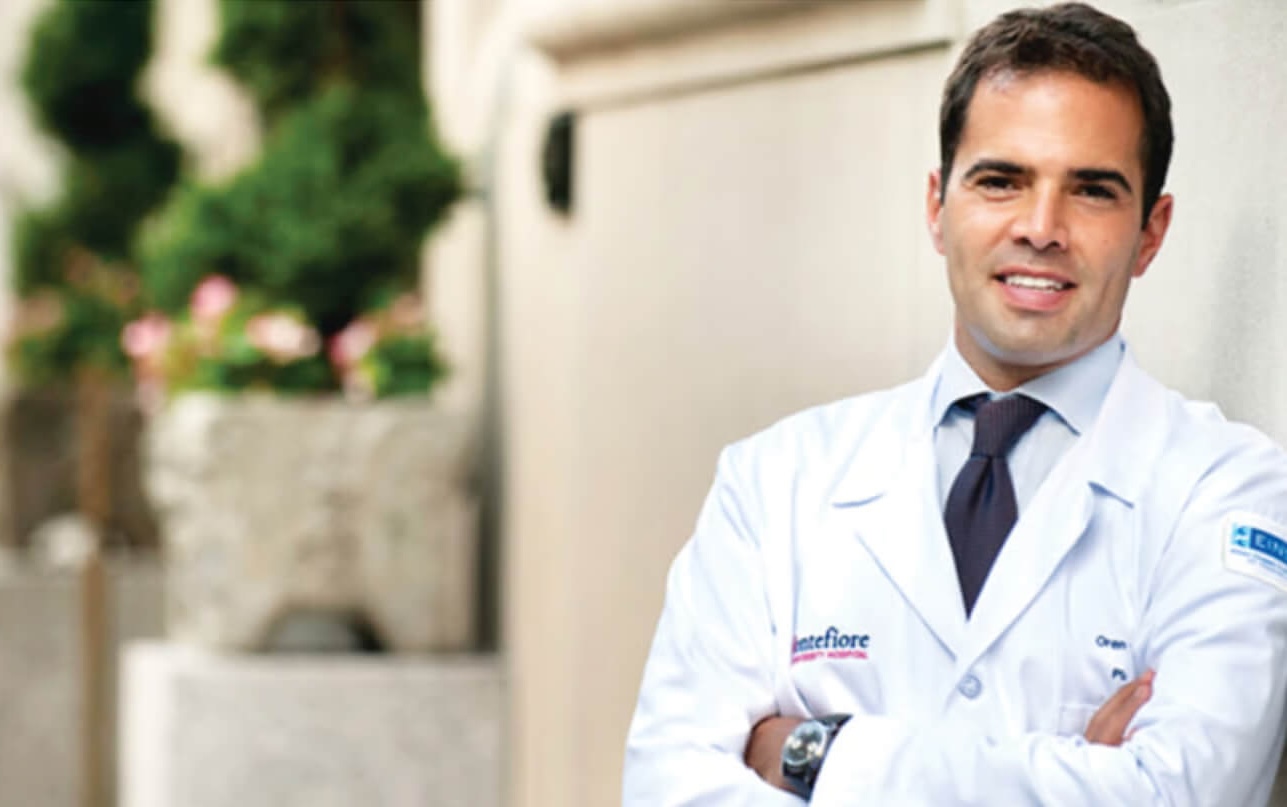Is the Menopause Aisle Scam or Salvation?
With an entire “menopause aisle” popping up overnight, how do you know which products actually help and which are just cashing in?

The “menopause aisle” didn’t even exist 20 years ago. Now, you’ll find shelf after shelf of gummies, teas, creams, and supplements in your local Walgreens or Target promising relief.
But do any of them actually help?
Maybe you’re thinking: “It should, right? They’re selling it.” But menopause is big business, with the global market projected to reach $24.35 billion by 2030. That kind of money attracts innovation and phony opportunists looking for their cut.
Most of the time? The treatments that bring real relief come from a prescription (and not an OTC supplement).
Let’s go over the most effective prescription options, and then we’ll see if anything in the menopause aisle is worth your money.
The Prescriptions
Hormone Therapy
This is the most effective treatment we have for hot flashes and night sweats, especially if you’re within 10 years of menopause. Both UK and US medical guidelines confirm this based on decades of evidence.
Non-hormal Brain-Targeted Medicines
Can’t do hormones or don’t want to? There are newer alternatives. The FDA approved fezolinetant in 2023, the first, 100% hormone-free, NK3 receptor blocker for moderate to severe hot flashes and night sweats due to menopause. Elinzanetant followed in 2025.
The Retail Options
Supplements
I’d be wary of supplements. They look official, but they don’t need FDA approval before being sold. The FDA only steps in after problems are reported.
Also, a supplement labeled “for menopause” may be identical to a general women’s supplement. It’s not uncommon for manufacturers to slap the word “menopause” to try to capitalize on the menopause movement that is sweeping the globe.
This doesn’t mean that there aren’t or can’t one day be a supplement that can really help support women in menopause, it’s just that many today don’t or aren’t any different than those for women NOT in menopause.
Botanicals
Botanicals aren’t much better. One of the more popular ones is black cohosh, which is heavily marketed for hot flashes.
- Science Says: A 2023 review of 22 studies of products containing black cohosh found they were potentially beneficial for menopause symptoms.
However, more trials are needed. And like all botanicals, without third-party testing, you can't be certain what's actually in the bottle or at what dose.
If You Still Want to Try OTC Options
Here’s my Rx:
1) Target specific symptoms.
Natural cooking oils like coconut oil or olive oil are better for vaginal dryness and painful sex than OTC sex lubes. Cooling bedding and breathable sleepwear can help you sleep through minor hot flashes.
- Doctor’s Note: Keep in mind that these products address symptoms, not the root cause.
2) Verify what you’re buying.
If you’re buying supplements or botanicals, always look for third-party testing from labs like NSF or USP. And avoid “proprietary blends” as they hide exact doses.
3) Loop in your doctor.
Tell them every medication you’re on. Supplements can interact with antidepressants, anticoagulants, and other prescriptions.
That’s my advice if you’re going the OTC route, but prescriptions are almost always more effective. So is the menopause aisle salvation or a scam?
Neither. Some products can offer comfort, but they won't resolve menopause itself. The heavy hitters are still hormone therapy (which is what I take personally) and FDA-approved non-hormonal medicines.
The good news? You have options available, and the right treatment plan can make all the difference.


